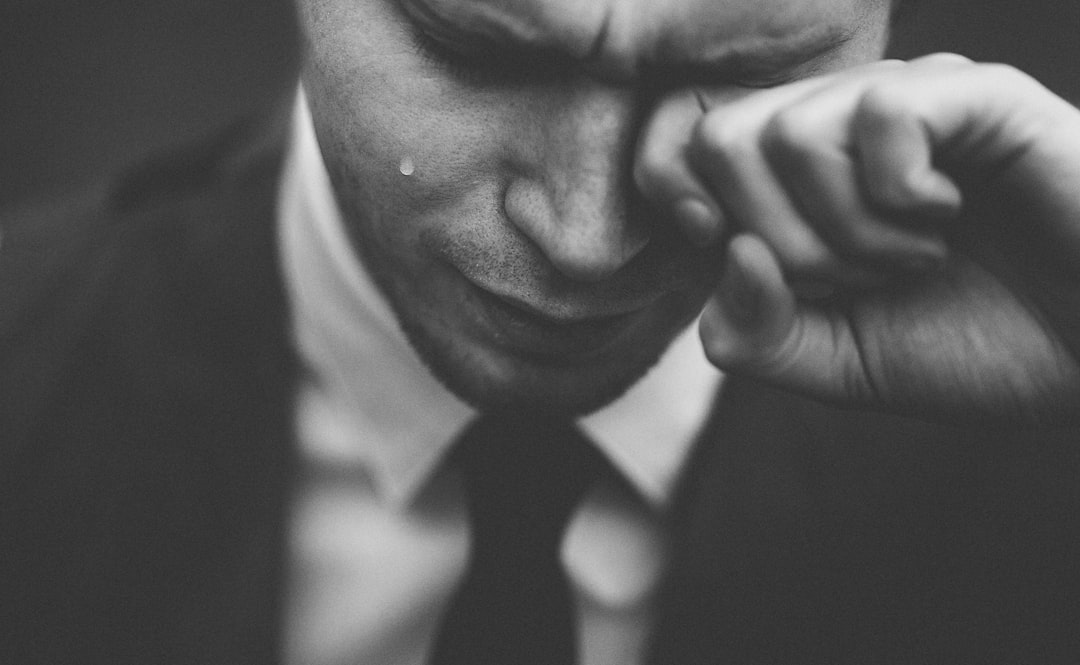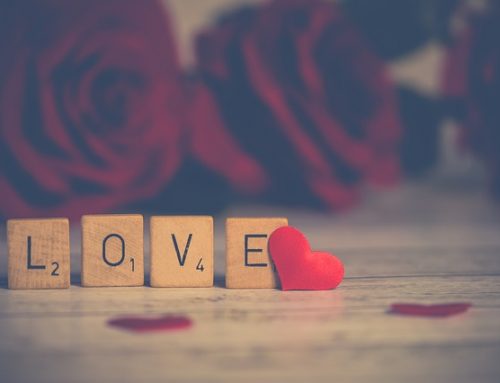Guilt and Self-Doubt-Useless Emotions
You may not have realized it before, but self-doubt and guilt are useless emotions. They usually burst into your life hand-in-hand, each adding fuel to the other’s fire. In the simplest of explanations, self-doubt is a lack of faith in oneself. It can stem from low self-esteem, or from how others perceive (or how you believe they perceive) you and your abilities. It can sometimes arise after an alleged failure, but more often a series of ‘failures’ or incidents in which others have openly questioned your character and abilities must take place before self-doubt can set in too deeply. You may feel self-doubt before taking a big test, while applying to college, before giving birth to your first child, or when being given an award you don’t think you deserve.
On the other hand, guilt can be cultivated much more quickly. You may feel its sharp claws upon your heart instantly after a ‘failure’. It is the feeling you get while thinking, “I didn’t do enough,” “I wasn’t good enough,” and “I did something wrong”. Guilt is a haunting emotion. The harder you try to rid yourself of it, the worse you feel. You may feel guilt after accidentally injuring someone, telling a lie, stealing, cheating, or making a decision that caused others’ emotional or physical pain. Sometimes you may feel guilty for something you perceived yourself as doing wrong when you are innocent. Examples of this include not having the same feelings as an intimate partner, getting laid off and not being able to provide food for your family, or missing your niece’s dance recital because an accident caused horrible traffic that you could not have predicted.
Generally speaking, self-doubt and guilt are both useless emotions. What else do the two have in common? Well for starters, they both tend to do more harm than good! They creep in when you need them least, and keep you in a constant state of negativity rather than leading you down a path of positivity. They are “useless emotions” because they tend to discourage you from taking any further action by making you feel trapped and ashamed, as opposed to motivating you to do something about a problem by making you feel empowered.

Useless emotions-Guilt
A defining factor of the relationship between self-doubt and guilt is that self-doubt is a feeling you get before an event, and guilt is the one that you get Afterwards. Once one occurs, the other is soon to follow, and then they whirl wantonly around you in a confusing cycle, surrounding you in a fearsome fog. For example, a famous baseball player may feel guilty for striking out during an important game. Instead of taking positive action to make sure he doesn’t strikeout in the next game, he dwells on his guilt and what he did ‘wrong’. This leads to damage in his self-esteem, and self-doubt about his abilities as a player. This self-doubt may cause him to lose focus in the next game, which is even more important than the last. His lack of focus leads to another strike-out and another loss. This brings him more guilt and seems to reaffirm his self-doubting beliefs about his abilities and value as a member of the team. He gets angry and defensive when his coach tries to help him figure out what the problem is. He isn’t thinking clearly. As the cycle of guilt and self-doubt repeat, his performance worsens progressively. Eventually, he may get kicked off of the team, and no longer be able to provide for his family. This leads to guilt in a whole new area of his life, and self-doubt about his value as a person, not just a baseball player. The two emotions spread to every aspect of his life-like emotional cancer as time goes on.
If it is so easy for the cycle of these useless emotions to get out of control and affect a person’s whole life, what can you do to prevent them? By replacing them with useful ones! Be mindful of the fact that while guilt can motivate you to apologize for a course of action that you legitimately should not have taken, it won’t get you any farther. Be knowledgeable about the fact that self-doubt does more harm than good in that it breaks your focus and distracts you from doing your best and living up to your full potential. Try writing a list of everything that you are currently feeling guilty about, and concentrate on the items one by one.
Do your best to figure out where those feelings originated. Chances are, they came from someone else forcing their beliefs or opinions on you. Perhaps you felt some guilt on your own after certain events, but maybe afterward hurtful words from a loved one increased it by tenfold. Look at each item objectively. Decide a course of action that would be likely to express, and thus alleviate, your feelings for good, rather than just suppress them. For example, if you were driving drunk and accidentally killed someone, you may decide to write a letter of apology to that person’s family and take flowers to their grave yearly. In addition, you might help run a seminar or program on the dangers of drunk driving to save other individuals from the same fate. This is surely a lot more productive than lying awake at night staring at the ceiling and wallowing in your emotions! The trick is not to ignore your ‘useless’ emotions, but to express them in a way that is useful! Over time, they may just disappear and you may just learn some tricks for managing them better in the future.











